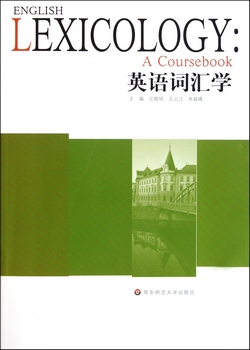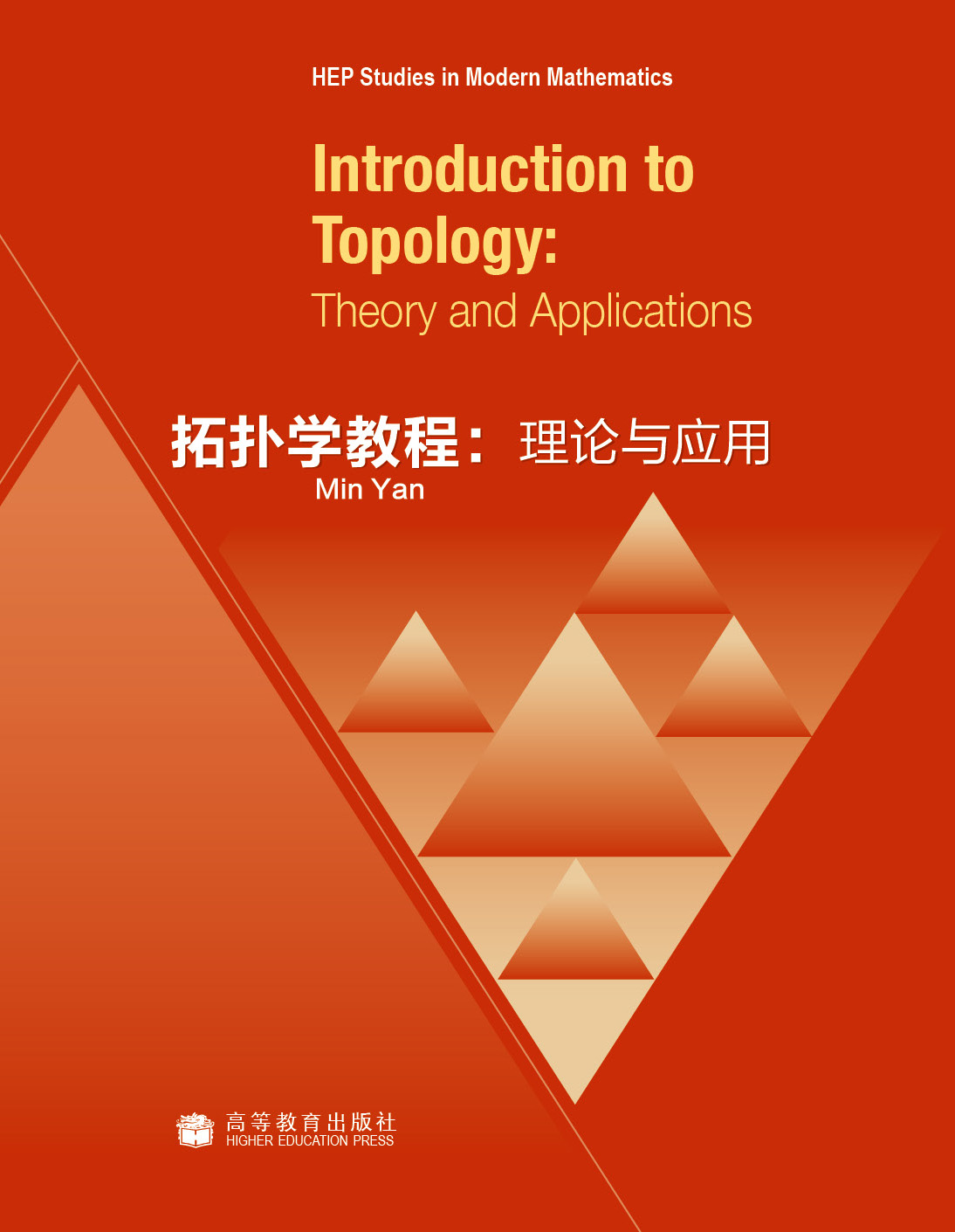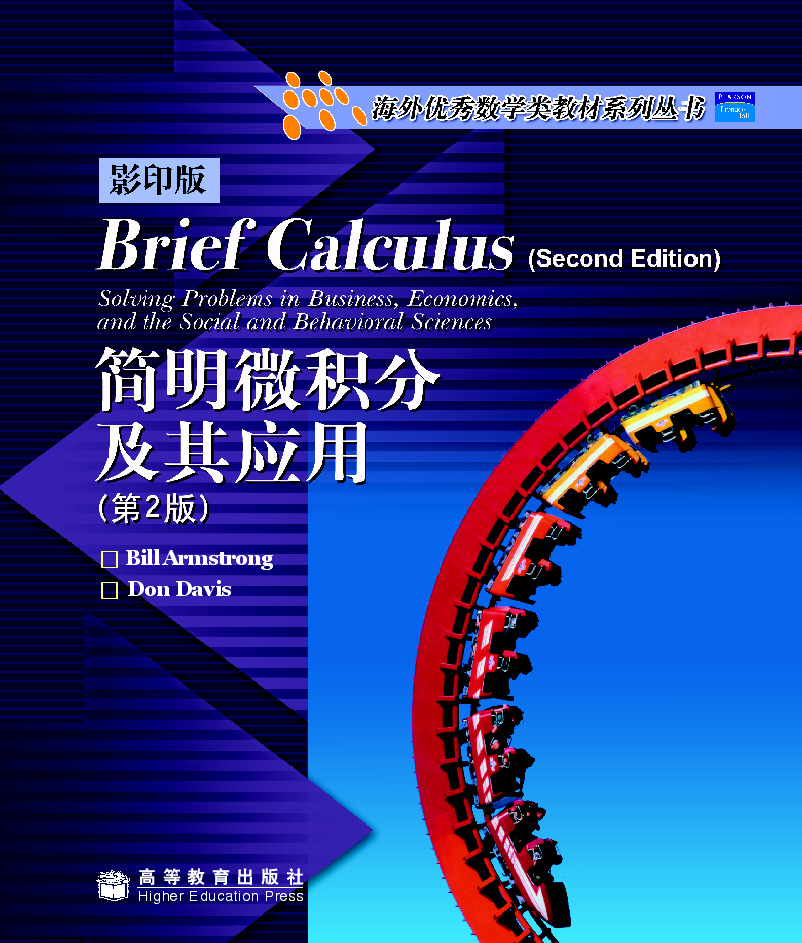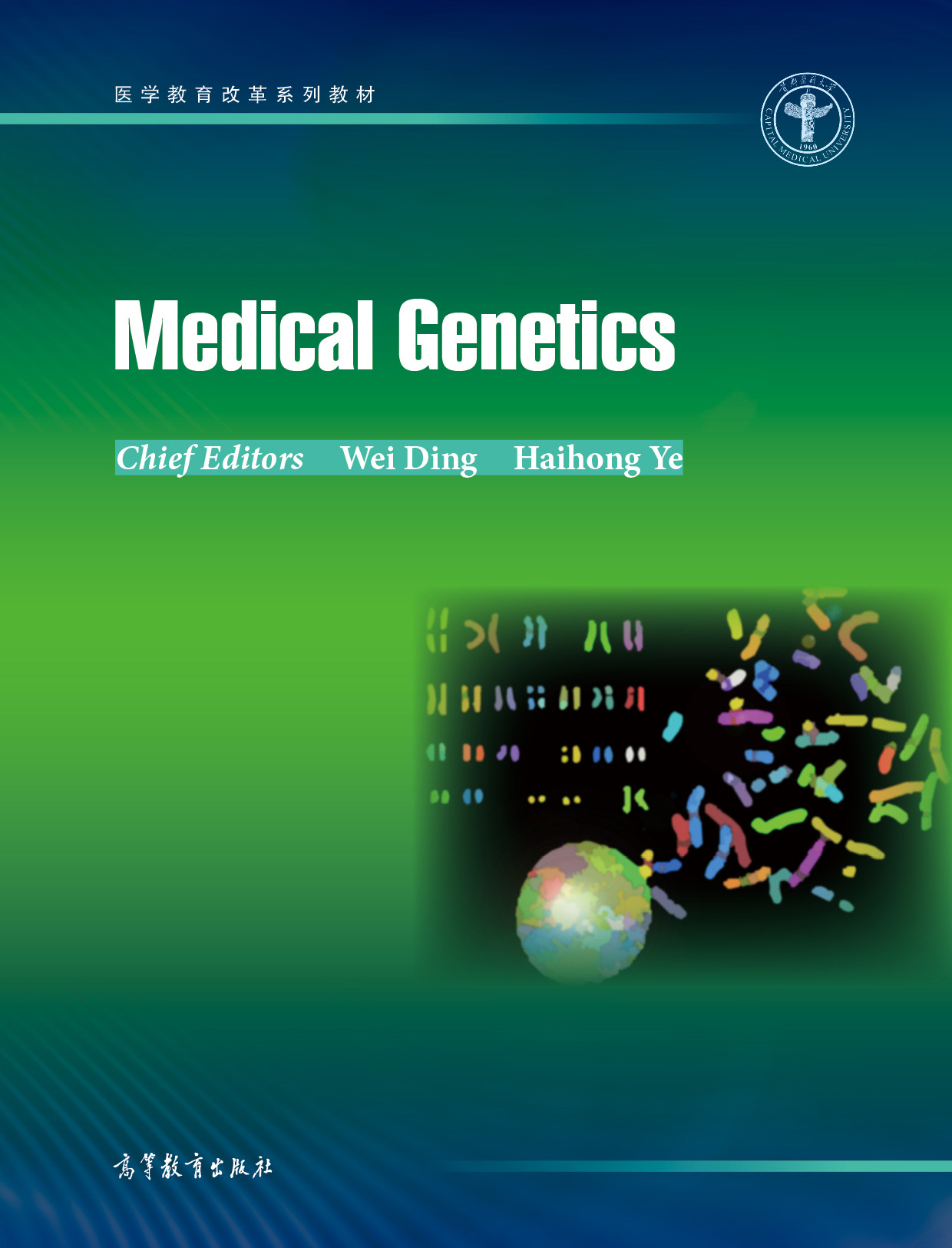- 华东师范大学出版社
- 9787561783924
- 1版
- 40211
- 43239622-4
- 16开
- 2011-08
- 文学
- 外国语言文学类
- H313.1
- 英语
内容简介
目录
Chapter 1 English Words and Lexicology -- Basic Concepts
1.1 Understanding Words
1.2 Understanding Lexicology
1.3 An Introduction to Works of Lexicology
Chapter 2 The Growth of the English Vocabulary (1) -- Sources
2.1 The Language Family of English
2.2 From Old English to Modern English
2.3 The Origins of English Words
Chapter 3 The Growth of the English Vocabulary (2) -- British & American
3.1 World Englishes
3.2 British English
3.3 American English
3.4 The Future of English
Chapter 4 The Growth of the English Vocabulary (3) -- New Words
4.1 Neologisms
4.2 The Study of New Words
4.3 Reasons of the Gr6wth
4.4 Sources for New Words
Chapter 5 The Formation of English Words (1) -- Major Types
5.1 Notions of Morphological Formation
5.2 DerivatiOn
5.3 Conversion
5.4 Compounding
Chapter 6 The Formation of English Words (2) -- Minor Types
6.1 Abbreviation
6.2 Back-formation
6.3 Onomatopoeia
6.4 Reduplication
Chapter 7 The Meanings of English Words (1) -- Aspects of Meaning; Change of Meaning
7.1 Aspects of Meaning
7.2 Change of Meaning
7.3 Mechanisms for Meaning Change
Chapter 8 The Meanings of English Words (2) -- Sense Relations
8.1 Synonymy
8.2 Antonymy
8.3 Polysemy
8.4 Homonymy
8.5 Hierarchical Relations
Chapter 9 Lexical Chunks (1) -- Collocations
9.1 Lexical Chunking
9.2 Definition of Collocation
9.3 The Features of Collocation
9.4 Characteristics, Classifications and Categories of Collocations
9.5 Basic Types of Collocations
9.6 The Significance of Learning Collocations
Chapter 10 Lexical Chunks (2) -- Idioms
10.1 Definition of Idiom
10.2 Classifications of Idioms
10.3 Figurative Idioms
Chapter 11 The Use of English Words (1) -- Words in Context
11.1 Words and Their Meanings in Use
11.2 The Meanings of Words: "Mean" and "Meaning"
11.3 Lexical Semantics
11.4 Lexical Semantics and Lexical Pragmatics
11.5 Lexical Meaning and the Context
11.6 Meanings of English Words in Lexical Pragmatics
Chapter 12 The Use of English Words (2) -- Metaphor, Metonymy, etc.
12.1 An Introduction to Figures of Speech: the Figurative Uses of Words
12.2 English Words in Metaphor
12.3 English Words in Metonymy
12.4 Other Figurative Uses of English Words
Chapter 13 The Dictionaries of English Words (1) -- Types of Dictionaries
13.1 The Development of Dictionaries
13.2 The Contents of Dictionaries
13.3 The Types of Dictionaries
Chapter 14 The Dictionaries of English Words (2) -- How to Use Dictionaries
14.1 How to Use Dictionaries
14.2 Corpus and Lexicography
14.3 Electronic Dictionaries
Chapter 15 The Learning of English Words (1) -- The Mental Lexicon
15.1 Memory in the Language-Processing System
15.2 The Mental Lexicon and Its Organization
15.3 Variables Influencing Lexical Access
Chapter 16 The Learning of English Words (2) -- Learning Strategies and Tactics
16.1 The Vocabulary Size
16.2 Vocabulary Acquisition
16.3 Vocabulary Learning Strategies
References
Links and Resources
Key
1.1 Understanding Words
1.2 Understanding Lexicology
1.3 An Introduction to Works of Lexicology
Chapter 2 The Growth of the English Vocabulary (1) -- Sources
2.1 The Language Family of English
2.2 From Old English to Modern English
2.3 The Origins of English Words
Chapter 3 The Growth of the English Vocabulary (2) -- British & American
3.1 World Englishes
3.2 British English
3.3 American English
3.4 The Future of English
Chapter 4 The Growth of the English Vocabulary (3) -- New Words
4.1 Neologisms
4.2 The Study of New Words
4.3 Reasons of the Gr6wth
4.4 Sources for New Words
Chapter 5 The Formation of English Words (1) -- Major Types
5.1 Notions of Morphological Formation
5.2 DerivatiOn
5.3 Conversion
5.4 Compounding
Chapter 6 The Formation of English Words (2) -- Minor Types
6.1 Abbreviation
6.2 Back-formation
6.3 Onomatopoeia
6.4 Reduplication
Chapter 7 The Meanings of English Words (1) -- Aspects of Meaning; Change of Meaning
7.1 Aspects of Meaning
7.2 Change of Meaning
7.3 Mechanisms for Meaning Change
Chapter 8 The Meanings of English Words (2) -- Sense Relations
8.1 Synonymy
8.2 Antonymy
8.3 Polysemy
8.4 Homonymy
8.5 Hierarchical Relations
Chapter 9 Lexical Chunks (1) -- Collocations
9.1 Lexical Chunking
9.2 Definition of Collocation
9.3 The Features of Collocation
9.4 Characteristics, Classifications and Categories of Collocations
9.5 Basic Types of Collocations
9.6 The Significance of Learning Collocations
Chapter 10 Lexical Chunks (2) -- Idioms
10.1 Definition of Idiom
10.2 Classifications of Idioms
10.3 Figurative Idioms
Chapter 11 The Use of English Words (1) -- Words in Context
11.1 Words and Their Meanings in Use
11.2 The Meanings of Words: "Mean" and "Meaning"
11.3 Lexical Semantics
11.4 Lexical Semantics and Lexical Pragmatics
11.5 Lexical Meaning and the Context
11.6 Meanings of English Words in Lexical Pragmatics
Chapter 12 The Use of English Words (2) -- Metaphor, Metonymy, etc.
12.1 An Introduction to Figures of Speech: the Figurative Uses of Words
12.2 English Words in Metaphor
12.3 English Words in Metonymy
12.4 Other Figurative Uses of English Words
Chapter 13 The Dictionaries of English Words (1) -- Types of Dictionaries
13.1 The Development of Dictionaries
13.2 The Contents of Dictionaries
13.3 The Types of Dictionaries
Chapter 14 The Dictionaries of English Words (2) -- How to Use Dictionaries
14.1 How to Use Dictionaries
14.2 Corpus and Lexicography
14.3 Electronic Dictionaries
Chapter 15 The Learning of English Words (1) -- The Mental Lexicon
15.1 Memory in the Language-Processing System
15.2 The Mental Lexicon and Its Organization
15.3 Variables Influencing Lexical Access
Chapter 16 The Learning of English Words (2) -- Learning Strategies and Tactics
16.1 The Vocabulary Size
16.2 Vocabulary Acquisition
16.3 Vocabulary Learning Strategies
References
Links and Resources
Key










